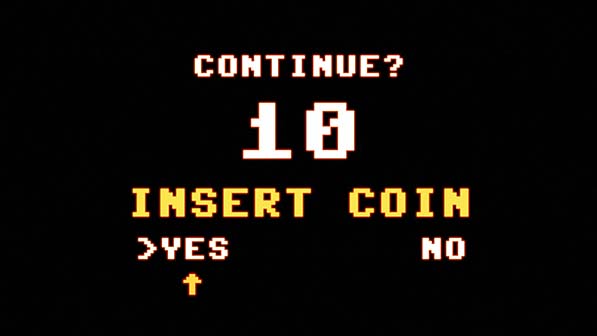
Just when you thought it was over, they pull you back in! A recent court order means the Equal Employment Opportunity Commission (EEOC) will continue to collect Component 2 data (also known as pay data) until they reach an acceptable reporting threshold or January 31, 2020, whichever is first.
As previously reported, the EEOC filed a motion with the court asking it to deem collection of EEO-1 Component 2 data complete. On October 29, that motion was denied.
Remember, on April 25, 2019, the court ordered the EEOC to take all necessary steps to complete the Component 2 data collections for calendar years 2017 and 2018 by September 30, 2019. The court also said the data would not be considered complete until the EEOC received data from a certain percentage of filers, based on the average percentage of EEO-1 submissions from the past four reporting years.
According to the court’s October 29 order, as of October 28, 2019, the EEOC reported:
- 81.1 percent of filers submitted Component 2 data for calendar year 2017; and
- 81.5 percent of filers submitted Component 2 data for calendar year 2018.
The EEOC argued the average percentage of EEO-1 reports submitted from previous years should be based on the percentage of reports submitted by the deadline. However, noting that the agency continues to collect late EEO-1 reports within a specific grace period, the court disagreed. The court also pointed out that the EEOC has yet to collect the average response rate it calculates for filers who submitted data within the grace period in previous years — a calculated rate of 84.5 percent.
So, the court has ordered that “the EEOC must continue to take all steps necessary to complete the EEO-1 Component 2 data collection for calendar years 2017 and 2018 by January 31, 2020.” The EEOC will keep its portal open until that time, or until it achieves an acceptable reporting threshold. The EEOC must also continue to provide status reports to the court every three weeks.
Stay tuned to HRWatchdog for additional updates.
Bianca N. Saad, Employment Law Subject Matter Expert
CalChamber members can read more on EEO Reporting Requirements in the HR Library. Not a member? See how CalChamber can help you.


